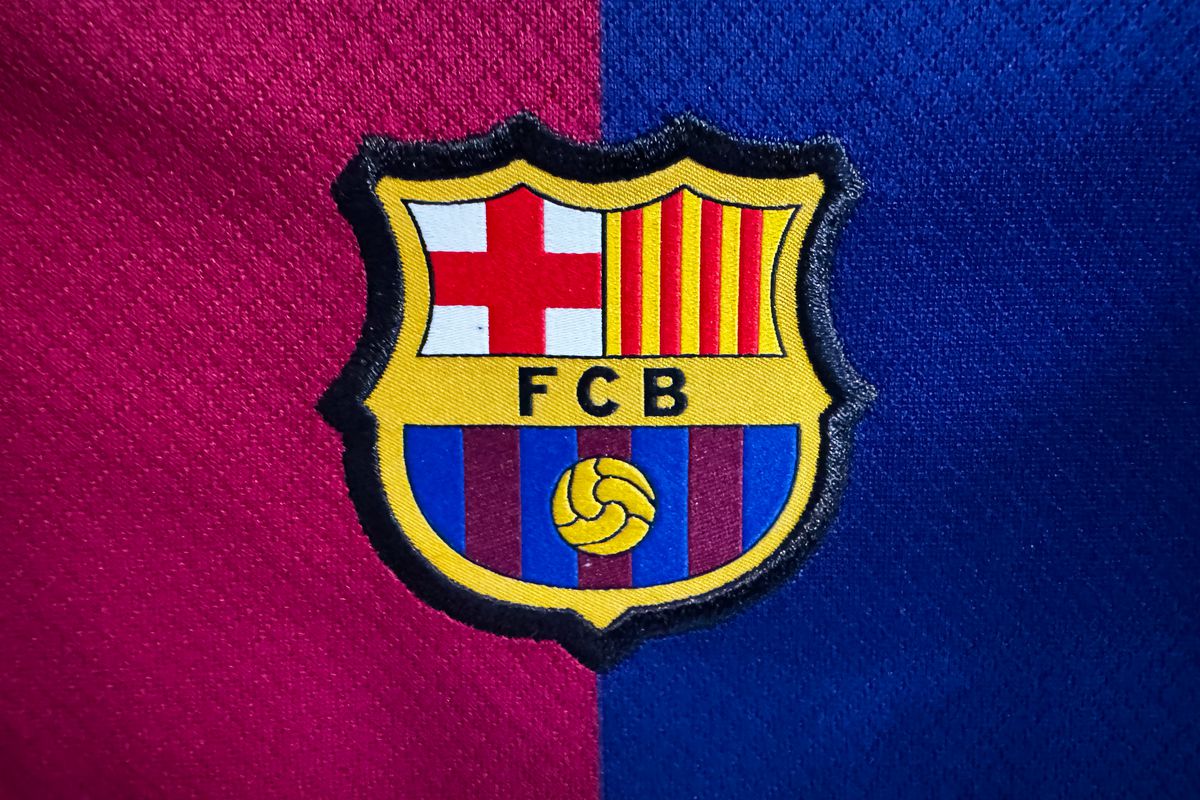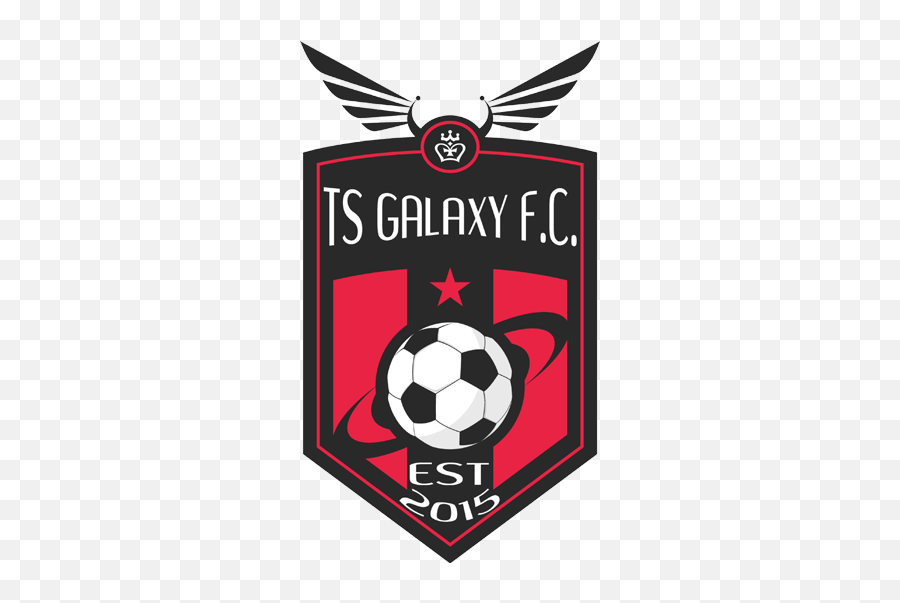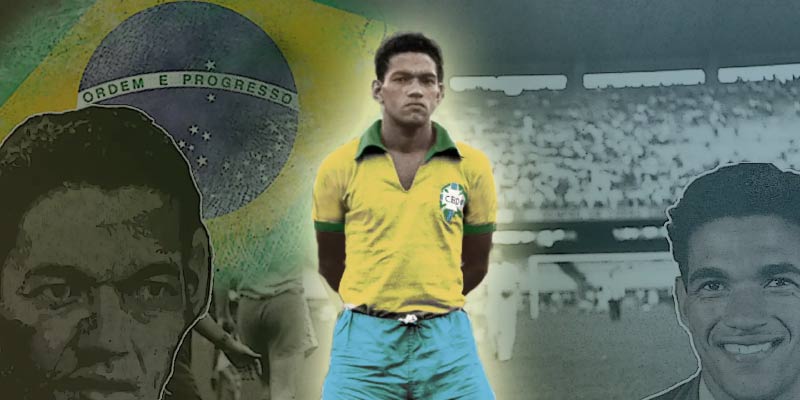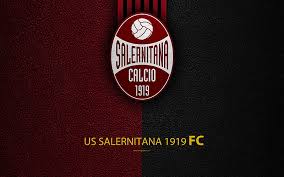One of the pivotal moments in the history of Barcelona FC is undoubtedly the arrival of Johan Cruyff in the early 1970s, both as a player and later as a manager. His philosophy changed how football was played at the Camp Nou, leading to a shift in styles that would define the club for generations.
The Arrival of Johan Cruyff Barcelona FC
When Johan Cruyff signed for Barcelona in 1973, he brought with him a unique vision of football that emphasized creativity, technical skill, and tactical intelligence Mayclub.
Cruyff’s presence transformed Barcelona into a formidable force in European football. He was not just a brilliant player; he was a thinker who understood the game’s intricacies. His time at the club laid the groundwork for future legends and established a play style that became synonymous with Barcelona FC—attacking, possession-based football that prioritized teamwork and elegance over individual brilliance.
Tactical Innovations
As a coach, Cruyff introduced the concept of “Total Football,” which allowed players to interchange positions fluidly. This tactical flexibility became a hallmark of Barcelona’s style, emphasizing ball control and intelligent movement.
Under his guidance, the team won the Copa del Rey and, more significantly, the UEFA Champions League in 1992—a triumph that heralded a new era. Cruyff’s influence extended beyond victories, fostering a generation of players who embodied this philosophy, including the likes of Ronald Koeman and Michael Laudrup. The principles he instilled in the team have persisted through the years, demonstrating how his legacy lives on in the current playing style.
Legacy of the Dream Team
Cruyff’s era at Barcelona FC is often referred to as the “Dream Team.”
His squad not only achieved remarkable successes, capturing four consecutive La Liga titles, but also revolutionized the way football was viewed in Spain. This period solidified Barcelona’s reputation on the international stage, making it a destination for top footballing talent. Moreover, the Dream Team created a passionate following, with fans flocking to Camp Nou to witness their artistry on the pitch.
The emphasis on youth development during this time laid the groundwork for La Masia, Barcelona’s famed youth academy, which would produce some of the greatest talents in football history.



